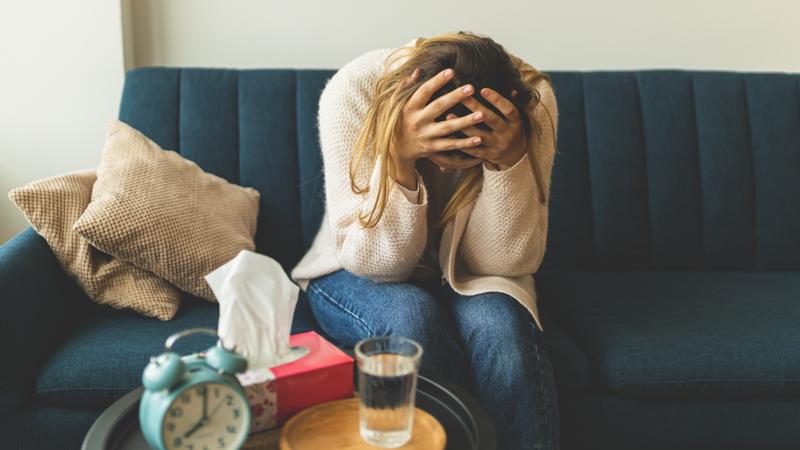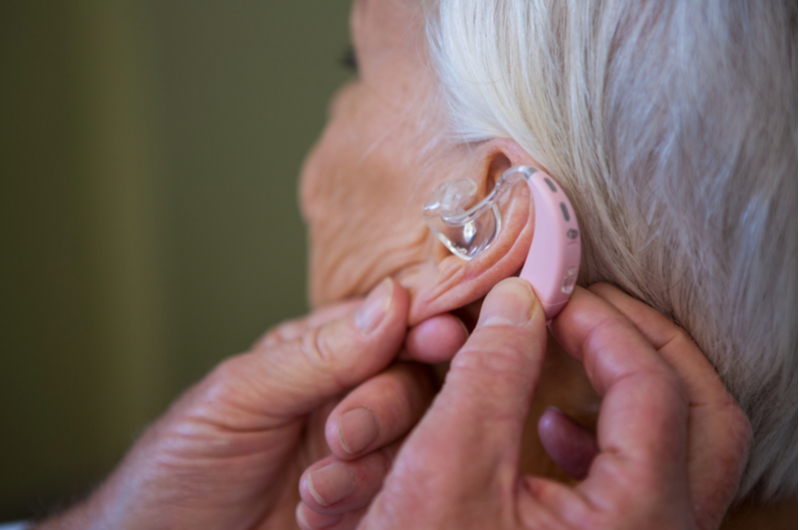Seek Treatment For Anxiety and Rid Yourself of the Daily Pressures

Seek Treatment for Anxiety and Rid Yourself of Daily Pressures.
Life in the contemporary world comes with its fair share of daily stresses and pressures. In many instances, these pressures are necessary for survival and achieving success; however, a persistent state of worry can morph into anxiety - a silent, invisible, yet potent enemy that robs us of our peace, joy, productivity, and overall well-being. If not checked and managed appropriately, chronic anxiety can lead to serious mental health complications. As such, it is pivotal to not overlook anxiety but seek medical treatment and rid ourselves of the daily pressures.
Understanding Anxiety.
Anxiety is more than just occasional stress or fret. It’s a mental health disorder characterized by intense, excessive, and persistent worry and fear about everyday situations. Often, these feelings may be disproportionate to the situation and can interfere with our daily activities and lives.
There is a myriad of causes behind anxiety, ranging from genetic factors to personality characteristics, physical health issues, life experiences, etc. Consequently, it becomes necessary to understand and comprehend our feelings of anxiety and their origins to seek the appropriate care and treatment needed to manage them.
With more understanding and acceptance of mental health disorders, society has started to shatter the stigma surrounding them gradually. Seeking help is now seen as a sign of strength rather than weakness, and anxiety is becoming increasingly treated, allowing patients to regain balance in their lives.
The Manifestations of Anxiety.
Different people experience anxiety in different ways. In some, it may manifest physically through symptoms like a racing heart, sweating, trembling, headaches, or gastrointestinal problems. Others may have negative thought loops and persistent fears that leave them mentally exhausted.
Frequently, anxiety can cause a person to overthink everything, leading to trouble sleeping or concentrating. In extreme cases, anxiety might trigger panic attacks, where a person experiences an intense surge of fear and various physical symptoms like chest pain, shortness of breath, or dizziness.
Understanding these manifestations will help you recognize if you or a loved one is suffering from anxiety. Recognizing anxiety is the first step toward getting treatment and eventually overcoming daily pressures.
The Impact of Anxiety on Daily Life.
Unmanaged anxiety can dramatically impact the quality of a person's life. This constant state of worry and fear can make one feel overwhelmed and disconnected, thus affecting their work performance, school, relationships, and overall happiness.
Moreover, persistent anxiety can pave the way to other disorders such as depression, insomnia, or substance abuse. It can also result in physical complications like muscle tension, digestion problems, and heart diseases.
Mitigating anxiety, therefore, becomes a matter of both mental and physical well-being, making it extremely important to take anxiety seriously, acknowledge its impacts, and pursue professional help.
Available Treatment Options for Anxiety.
Thankfully, a wide range of treatment options is available for those battling anxiety. These consist of psychological counseling (psychotherapy), medication, and complementary health approaches.
Cognitive-behavioral therapy (CBT) has been identified as effective psychotherapy for anxiety. CBT works by helping patients identify and manage the factors that contribute to their anxiety.
Medication options include antidepressants, anti-anxiety medicines, and beta-blockers, tailored according to a patient’s symptoms and needs.
It is essential to remember that not all people with anxiety require medication. Some might fare better with therapy alone.
Complementary approaches such as mindfulness and stress management skills can also be highly beneficial. Regular exercise, adequate sleep, healthy eating, and avoidance of caffeine and alcohol can provide significant relief.
Final decisions regarding treatment should always be made in consultation with a healthcare provider, remembering that treatment is personal. What works for one person may not work for another, and sometimes, it may take a while to find the right approach.
The Path towards An Anxiety-Free Life.
Seeking treatment for anxiety takes courage. It entails taking control over your life and well-being, deciding to step out from under the cloud of worry, fear, and apprehension. While the process might seem daunting, and at times overwhelming, it is most definitely worth it.
By understanding your anxiety and its triggers, seeking appropriate medical treatment, and using self-help strategies, you can embark on the road to recovery.
Remember, the aim of managing anxiety isn’t to completely eliminate stress from our lives (that’s impractical) but to develop coping mechanisms to manage it effectively.
While there might be setbacks along the way, every small success is a step in the right direction, a win that brings you closer to an anxiety-free life!
In conclusion, anxiety, like any other health condition, needs recognition, acceptance, and timely treatment. It’s okay to seek help. It's okay to prioritize your well-being. Rid yourself of the daily pressures. Seek treatment for anxiety and begin your journey to reclaim your joy, tranquillity, productivity, and overall well-being.










